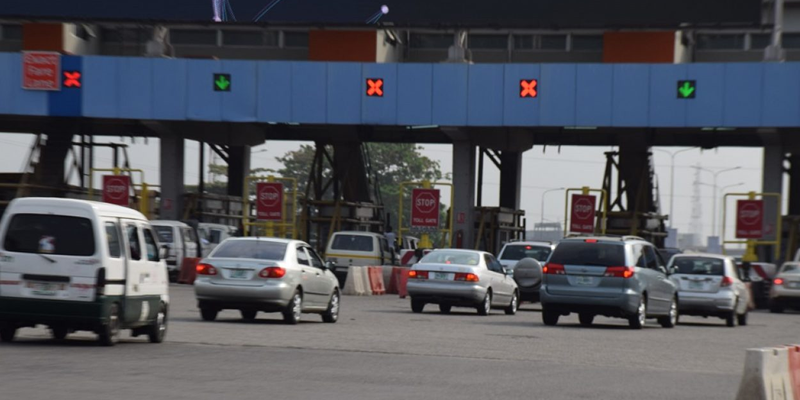The Human Rights Writers Association of Nigeria (HURIWA) has sharply criticised the Nigerian government’s decision to implement toll operations on federal roads, calling it “another outrageous and toxic policy” that will further burden Nigerians already struggling with economic hardship.
In a statement issued on February 9, 2025, Comrade Emmanuel Onwubiko, National Coordinator of HURIWA, expressed the group’s concerns about the tolling plan, which follows the recent launch of toll operations on the 227.2km Abuja-Akwanga-Lafia-Makurdi road corridor.
This move is part of the government’s initiative to repay the loan from China Exim Bank, which was used for the road’s rehabilitation and upgrades.
The tolling plan, which is tied to a $460.8 million loan secured by the last administration, has been framed by the government as a sustainable funding model for maintaining federal roads.
According to Works Minister David Umahi, the toll revenue will primarily be used to repay the loan.

However, HURIWA sees the toll as yet another financial burden on the already strained Nigerian population.
The group alleges that the government is prioritising revenue collection over improving citizens’ living conditions. They criticised what they view as an ongoing series of economic policies that have pushed Nigerians deeper into poverty, such as the abrupt removal of fuel subsidies and hikes in essential services.
The HURIWA further contends that the tolling policy serves the interests of government cronies rather than improving public infrastructure.
The group points out that most Nigerians rely on public transport, and the tolling policy will disproportionately affect business owners, market traders, farmers, and others who travel daily for work.
The rights group called for an immediate suspension of the tolling policy, urging the government to focus on alternative funding options for road maintenance. They suggested that the government could block revenue leakages, recover stolen funds, and allocate a portion of the Sovereign Wealth Fund to support infrastructure projects.
In addition, HURIWA has called on civil society organizations, labour unions, and transport associations to oppose the tolling policy, warning that it could set a dangerous precedent for further exploitation of Nigerians.


